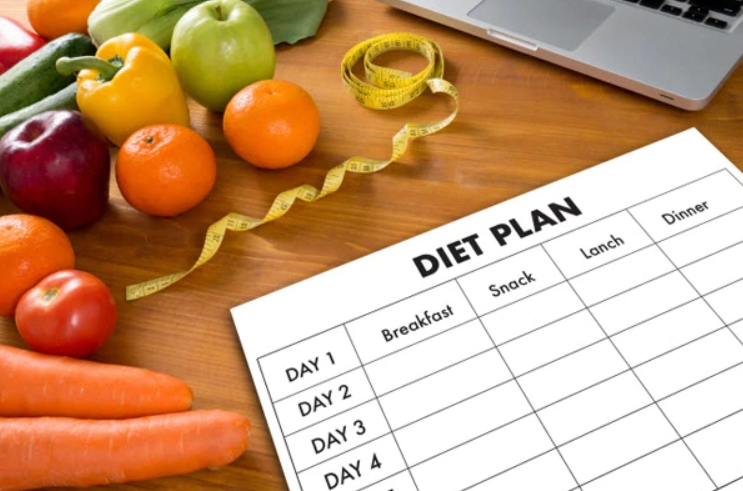According to a study of nearly 6,000 runners in the Journal of Science and Medicine in Sport, diet can help reduce the risk of injury.
Reviewing 15 studies, scientists assessed the impact of total calories (also called energy), fiber, and fat intake in both men and women. The results showed female runners experienced more injuries when their calorie and fat intake was lower compared to those with higher intakes of both.
Low fiber intake was also linked to increased injury risk for both men and women. Injured female runners consumed fewer than 450 calories and 20 grams of fat per day compared to uninjured runners. Both injured male and female runners consumed less than 3 grams of fiber daily.
 |
Nutrition is a critical component that many runners overlook in their training and competition. Photo: Kacey Ngo |
Nutrition is a critical component that many runners overlook in their training and competition. Photo: Kacey Ngo
The study also examined protein, carbohydrate, calcium, and alcohol intake as potential contributors to injury risk, but found no clear connection.
Carbohydrates are important for runners in terms of energy, while protein is essential for muscle health, and both are important for recovery. However, the study didn't show a correlation between a higher injury rate and a low-carbohydrate diet versus a higher carbohydrate intake, or runners with high protein intake versus those with less.
Erin Colebatch, a sports dietitian at the Alliance for Research in Exercise, Nutrition and Activity at the University of South Australia, said, "A key takeaway from this research is the importance of meeting overall energy and fat needs, especially for female runners, and ensuring adequate fiber intake from food. Nutrition should be considered a crucial part of injury prevention."
Colebatch noted that fat plays a vital role in absorbing important vitamins necessary for bone and muscle health. It also supports hormone production, helps build cell membranes, and plays a role in controlling inflammation.
She further explained, "Low fat intake can disrupt these functions and potentially increase the risk of injuries. Because fat is a major energy source in the diet, low fat intake can also lead to an energy deficiency, which may further heighten injury risk."
Dietary guidelines from the World Health Organization recommend that total fat intake should account for 20% to 35% of total energy intake. In the study, injured women had a lower average fat intake (around 20% of total energy) compared to those who consumed 27% to 29% of their total calories from fat and were not injured.
Fiber impacted both male and female runners across multiple studies. As fiber intake decreased, the risk of injury increased. Colebatch analyzed, "Fiber helps support a healthy gut microbiome, which can play a role in regulating inflammation, immune function, and pain sensitivity. Disruptions to these processes can increase the risk of bone stress injuries. Fiber-rich foods, especially those rich in polyphenols, like berries, can also help reduce inflammation and support musculoskeletal health. When fiber intake is too low, these potential benefits can be lost, possibly making the body more susceptible to injuries."
 |
Runners need a scientific approach to diet and training. Photo: Vitacost |
Runners need a scientific approach to diet and training. Photo: Vitacost
Therefore, focusing more on individual nutritional needs can be vital for supporting performance and preventing injuries. Meeting both sports nutrition guidelines and general dietary recommendations provides a good foundation.
Colebatch noted, "Adjust calorie intake to match your physical activity level. Heavier training days require more energy. This might include adding snacks like muesli bars, nut butter on toast, smoothies, or trail mix, or increasing portion sizes during meals. A large bowl of pasta or an extra serving of dessert the evening before a long run can support both performance and recovery."
Additionally, make fiber a cornerstone of the nutrition plan. By adding a variety of fiber-rich foods like vegetables, fruits, whole grains, nuts, and legumes, runners can not only obtain fiber but also essential nutrients such as carbohydrates, protein, healthy fats, vitamins, and minerals.
Timing is key. Runners should reduce fiber intake before a run to avoid digestive issues, but then incorporate fiber-rich foods into meals and snacks at other times of the day.
Hong Duy (according to Runner's World)












